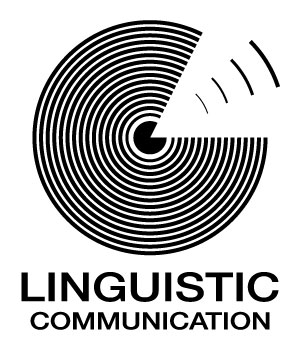COURSE DESCRIPTION
Large-scale multinational chains have given way to innovative and disruptive start-ups that have leveraged the multitude of opportunities ushered in by technological advances. With the increasing complexity in global business ecosystems, it has become imperative for companies/institutions to transform their people, technologies and processes in a way that is strategically aligned to profitable business processes.
A key sector of transformation has been the need to elevate the critical nature of data architecture policy of information systems well within the general framework of corporate or organisational strategy, to promote the integration of IT infrastructure with business needs in a way that the operating model of a enterprise can be standardised.
The study of Enterprise Architecture or EA has become an indispensable part of management and administration programs globally to train future leaders into running large and complex companies smoothly in the face of mounting competition and need to create value for customers.
In this course, students would be introduced to EA and its differing definitions, to build upon the basis for creating Data architecture strategy. With the goal to enable students to use this knowledge, the course is practice-oriented, teaching through case studies, traversing through the data architecture process, from implementation to management of the process.
Learning Objectives:
- Understanding Enterprise Architecture as a function of IT industry
- Studying the different schools of thought around EA, and the differing applicability for different organisations and industries
- Defining the path to integrating IT infrastructure with the short and long-term business goals of a company
- Examining the process of an enterprise to build a EA strategy as a response to disruptive environment forces
- Recognising market forces for change and recommend change in EA for the future
- Designing the Enterprise Architecture Framework according to the needs of an organisation
- EA management, Planning and the future of Enterprise Architecture
Pre-requisites: Bachelor’s degree or diploma
DESCRIPTION DU COURS
Les grandes chaînes multinationales ont cédé la place à des start-ups innovantes et disruptives qui ont exploité la multitude d’opportunités offertes par les développements technologiques. Avec la complexité croissante des écosystèmes commerciaux mondiaux, il est devenu impératif pour les entreprises/institutions de transformer leur personnel, leurs technologies et leurs processus d’une manière qui soit stratégiquement alignée sur des processus commerciaux viables.
Un secteur clé de la transformation a été la nécessité de renforcer la nature critique de la stratégie d’architecture des données des systèmes d’information dans le cadre général de la stratégie de l’entreprise ou de l’organisation, afin de promouvoir l’intégration de l’infrastructure informatique avec les besoins de l’entreprise de manière à pouvoir standardiser le modèle opérationnel d’une entreprise.
L’étude de l’Enterprise Architecture ou EA est devenue un élément indispensable des programmes de gestion et d’administration dans le monde entier pour former les futurs dirigeants à la gestion harmonieuse de grandes entreprises complexes face à une concurrence croissante et à la nécessité de créer de la valeur pour les clients.
Dans ce cours, les étudiants seront initiés à l’EA et à ses différentes définitions, afin de créer les bases d’une stratégie d’architecture de données. Dans le but de permettre aux étudiants d’utiliser ces connaissances, le cours est orienté vers la pratique, l’enseignement par le biais d’études de cas, traversant le processus d’architecture de données, de la mise en œuvre à la gestion du processus.
Objectifs :
- Comprendre l’architecture d’entreprise en tant que fonction de SI
- Étudier les différentes écoles de pensée autour de l’EA et les différentes possibilités d’application pour les différentes organisations et industries.
- Définir la voie à suivre pour intégrer l’infrastructure informatique aux objectifs commerciaux à court et à long terme d’une entreprise.
- Examiner le processus d’une entreprise pour construire une stratégie d’évaluation environnementale en réponse aux forces perturbatrices de l’environnement.
- Reconnaître les forces de changement du marché et recommander des changements dans l’EA pour l’avenir
- Concevoir le cadre de l’architecture d’entreprise en fonction des besoins d’une organisation.
- Gestion de l’EA, planification et avenir de l’architecture d’entreprise
Prérequis : Licence
Course Features
- Lectures 0
- Quizzes 0
- Duration 21 hours
- Skill level All levels
- Language English
- Students 0
- Assessments Yes

